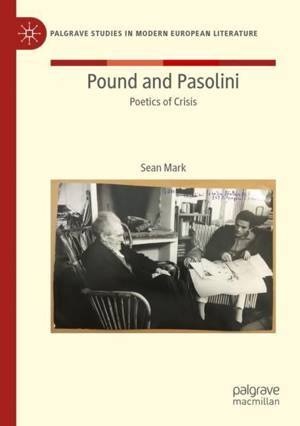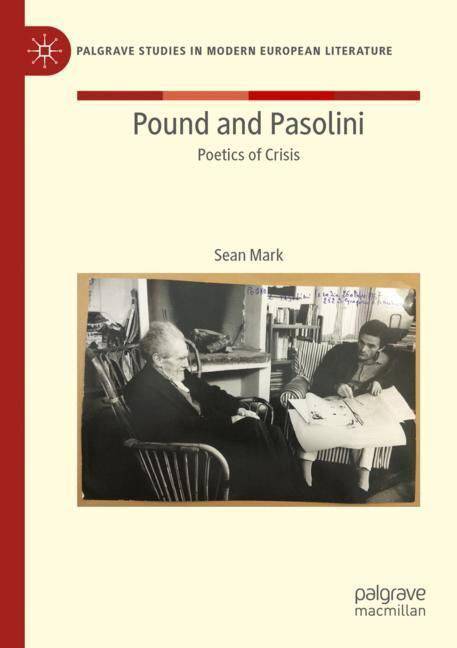
- Afhalen na 1 uur in een winkel met voorraad
- Gratis thuislevering in België vanaf € 30
- Ruim aanbod met 7 miljoen producten
- Afhalen na 1 uur in een winkel met voorraad
- Gratis thuislevering in België vanaf € 30
- Ruim aanbod met 7 miljoen producten
Zoeken
Omschrijving
In October 1967, Pier Paolo Pasolini travelled to Venice to interview Ezra Pound for broadcast on national television. One a lifelong Marxist, the other a former propagandist for the Fascist regime, their encounter was billed as a clash of opposites. But what do these poets share? And what can they tell us about the poetics and politics of the twentieth century? This book reads one by way of the other, aligning their engagement with different temporalities and traditions, polities and geographies, languages and forms, evoked as utopian alternatives to the cultural and political crises of capitalist modernity. Part literary history, part comparative study, it offers a new and provocative perspective on these poets and the critical debates around them - in particular, on Pound's Italian years and Pasolini's use of Pound in his work. Their connection helps to understand the implications and legacies of their work today.
Specificaties
Betrokkenen
- Auteur(s):
- Uitgeverij:
Inhoud
- Aantal bladzijden:
- 392
- Taal:
- Engels
- Reeks:
Eigenschappen
- Productcode (EAN):
- 9783030919504
- Verschijningsdatum:
- 18/11/2023
- Uitvoering:
- Paperback
- Formaat:
- Trade paperback (VS)
- Afmetingen:
- 148 mm x 210 mm
- Gewicht:
- 530 g

Alleen bij Standaard Boekhandel
+ 335 punten op je klantenkaart van Standaard Boekhandel
Beoordelingen
We publiceren alleen reviews die voldoen aan de voorwaarden voor reviews. Bekijk onze voorwaarden voor reviews.








